Action against illegal content can be taken more quickly and reliably where providers of online platforms take the necessary measures to ensure that notices submitted by trusted flaggers, acting within their designated area of expertise, through the notice and action mechanisms required by this Regulation are treated with priority, without prejudice to the requirement to process and decide upon all notices submitted under those mechanisms in a timely, diligent and non-arbitrary manner. Such trusted flagger status should be awarded by the Digital Services Coordinator of the Member State in which the applicant is established and should be recognised by all providers of online platforms within the scope of this Regulation. Such trusted flagger status should only be awarded to entities, and not individuals, that have demonstrated, among other things, that they have particular expertise and competence in tackling illegal content and that they work in a diligent, accurate and objective manner. Such entities can be public in nature, such as, for terrorist content, internet referral units of national law enforcement authorities or of the European Union Agency for Law Enforcement Cooperation (‘Europol’) or they can be non-governmental organisations and private or semi-public bodies such as the organisations part of the INHOPE network of hotlines for reporting child sexual abuse material and organisations committed to notifying illegal racist and xenophobic expressions online. To avoid diminishing the added value of such mechanism, the overall number of trusted flaggers awarded in accordance with this Regulation should be limited. In particular, industry associations representing their members’ interests are encouraged to apply for the status of trusted flaggers, without prejudice to the right of private entities or individuals to enter into bilateral agreements with the providers of online platforms.
